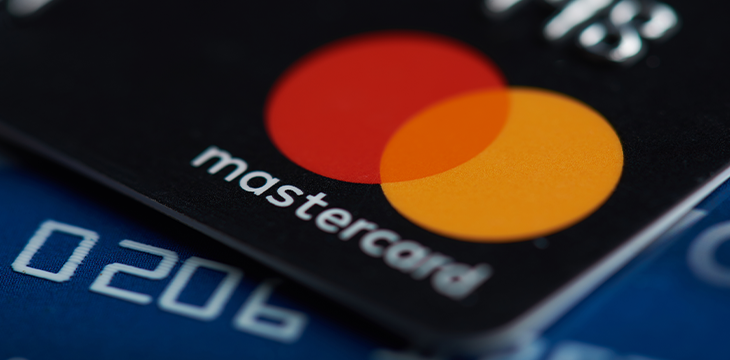|
Getting your Trinity Audio player ready...
|
Legacy payments group Mastercard has been handed a fine of over €570 million ($648.4 million) after it was found to be obstructing merchants from accessing lower fees for cross-border payments, contrary to European Union (EU) law.
The fine follows a landmark EU antitrust ruling against the firm, after it was reported to be preventing merchants from accessing lower fee payments which were available to merchants elsewhere across the block.
Mastercard’s policy of enforcing interchange fees in the country in which a retailer is located was found to be contrary to Single Market rules, which provide for merchants to be able to take advantage of different terms throughout the bloc.
The commissioner responsible for competition policy in the EU, Margrethe Vestager, said Mastercard was artificially driving the cost of card payments in breach of Single Market rules.
In a statement, Vestager said, “European consumers use payment cards every day, when they buy food or clothes or make purchases online. By preventing merchants from shopping around for better conditions offered by banks in other Member States, Mastercard’s rules artificially raised the costs of card payments, harming consumers and retailers in the EU.”
Before harmonisation in December 2015, interchange fees paid between banks for processing card payments varied, sometimes significantly, between EU member states—a cost that is ultimately passed on to consumers.
Mastercard’s rules meant retailers in high interchange fee states were at a disadvantage by being excluded from the benefits of cheaper interchange fees.
The fine is the product of EU Commission investigations into Mastercard dating back to 2013. Mastercard’s cooperation with the Commission was noted in the press release, resulting in a 10% discount on the fine payable—a total of €570,566,000 ($648.4 million).
The ruling is the latest blow for Mastercard and the legacy payments industry, as more merchants continue to shift towards crypto payments.
Particularly in a cross-border context, such as selling throughout EU member states, Bitcoin SV provides a far better solution, with lower fees, faster transaction times, and the capacity for transactions at scale.
With new merchants discovering Bitcoin SV every day, as well as a growing number of consumers preferring crypto to fiat payments, Mastercard’s substantial fine will do little to stem the tide of retailers leaving legacy payment providers.
https://youtu.be/gBb9FSxfyVs

 02-25-2026
02-25-2026 




